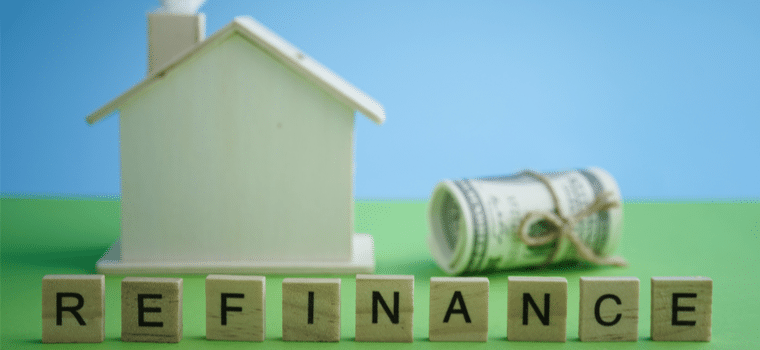With mortgage interest rates recently falling to record lows due to efforts by the Federal Reserve to stimulate the economy in light of the coronavirus pandemic, many homeowners are rushing to refinance their mortgages. Refinancing loan volume in February jumped to the highest level since June of 2013.
Given this, you might be asking yourself, should I refinance my mortgage? There are a number of different factors that should go into deciding when to refinance a home mortgage. Here are three of the most important:
1. Your current mortgage’s interest rate is high when compared to today’s prevailing rates. This is probably the most important factor in deciding whether it makes sense to refinance. The next question: How much lower are prevailing rates than the rate you’re currently paying?
One rule of thumb is that it may make sense to refinance your mortgage if you can lower your interest rate by between 1 and 2 percentage points. For example, if your current interest rate is 5% and you can refinance into a new mortgage with a 3.5% rate, then refinancing could be a smart move.
The reason this is important is because there’s a cost to refinancing a home mortgage. You will have to pay closing costs in the form of discount points, origination fees and third-party charges (such as appraisal, inspection and title insurance fees) that can amount to as much as 2% to 5% of your outstanding principal. So your savings need to be enough to justify paying these closing costs.
2. You plan to stay in your home for a while. Amortization of mortgage repayments is structured so that most of the monthly payment during the early years goes toward paying interest instead of principal. This gradually shifts over time so that most of your payment goes toward principal during the latter years of the mortgage.
When you refinance, the amortization clock resets and starts over. As a result, you will lose the benefit of having more of each month’s payment going toward principal instead of interest and it will take you years to regain this benefit.
Also, the longer you stay in your home after you refinance your mortgage, the more time you’ll have to recoup the closing costs you must pay. For example, suppose your closing costs will be $5,000 and the new mortgage will save you $150 per month. It would take a little over 33 months to capture your closing costs (5,000 / 150 = 33.3). So if you plan to stay in your home for at least this long, you’ll break even and start saving money when closing costs are factored in.
3. You have an adjustable rate mortgage (or ARM). These types of mortgages typically offer lower fixed rates during the first few years before adjusting to reflect prevailing market rates. This shifts interest rate risk from the lender to the homeowner.
If you have an ARM, you can shift this risk back to the lender by refinancing into a fixed-rate mortgage. This may be an especially smart move at a time like now when interest rates remain at or near historic lows.
Every homeowner’s situation is unique so there’s no one-size-fits-all answer for when it makes sense to refinance. Crunch your own numbers to determine when to refinance and whether it’s a smart move given your circumstances.





